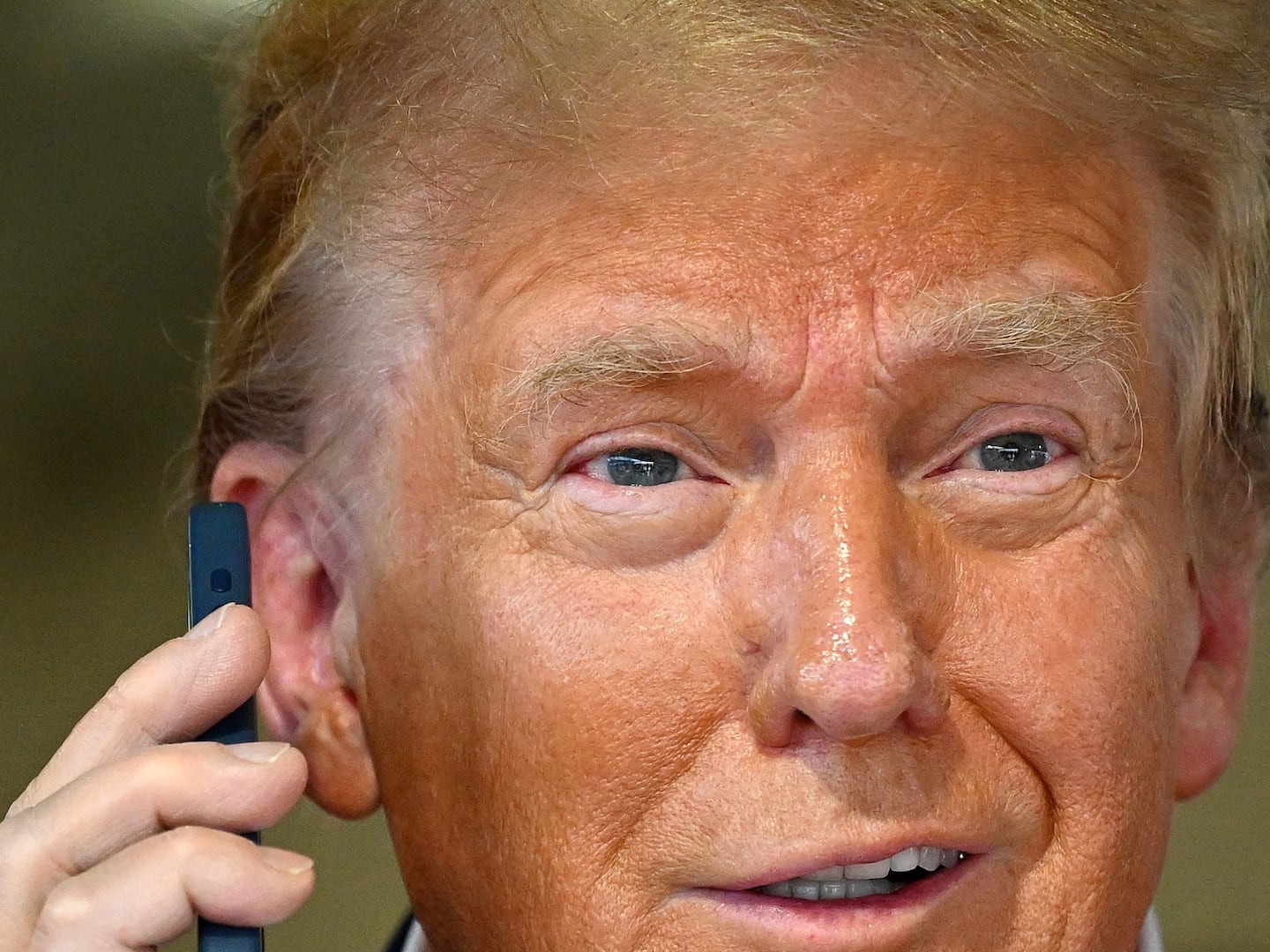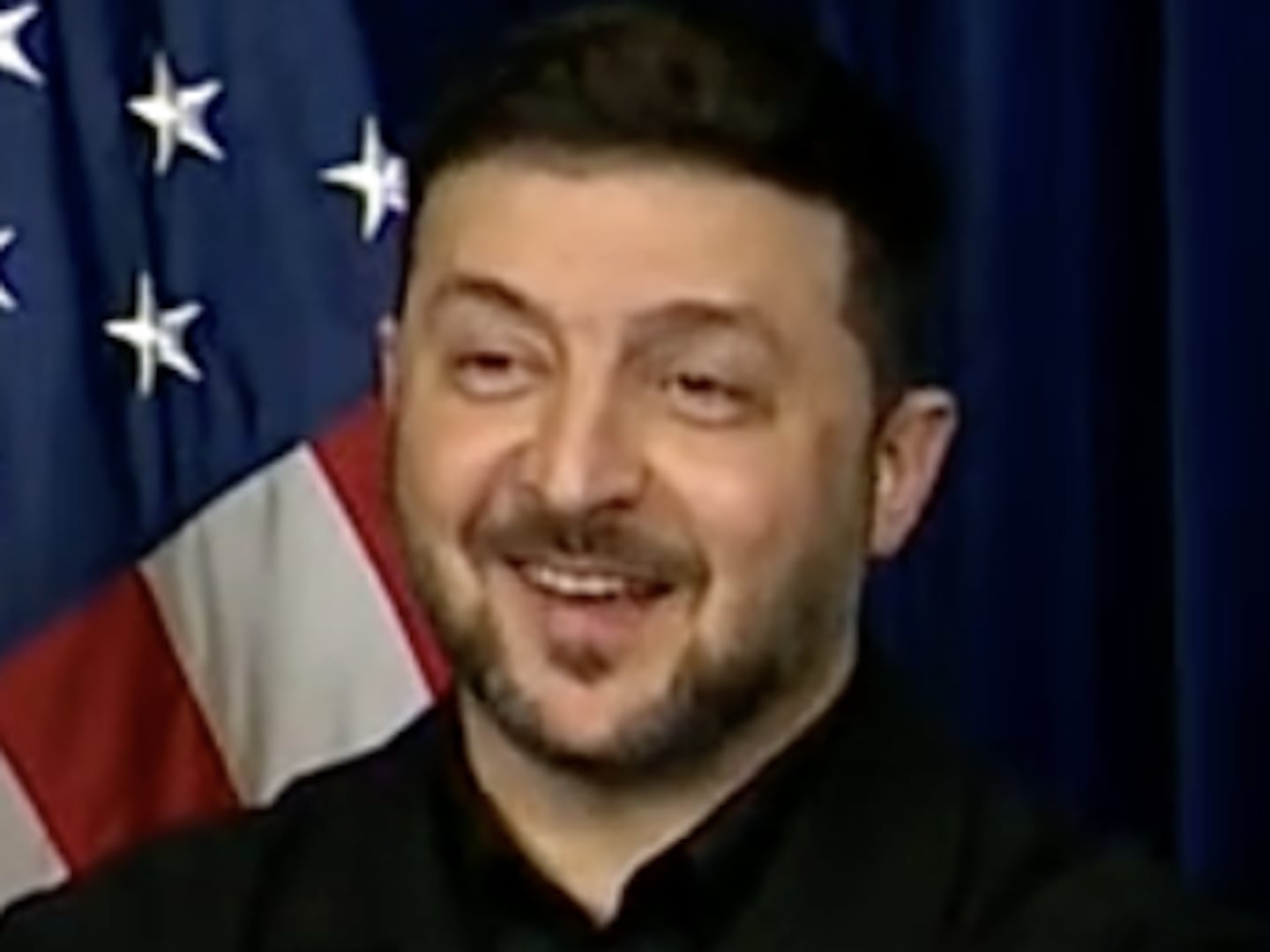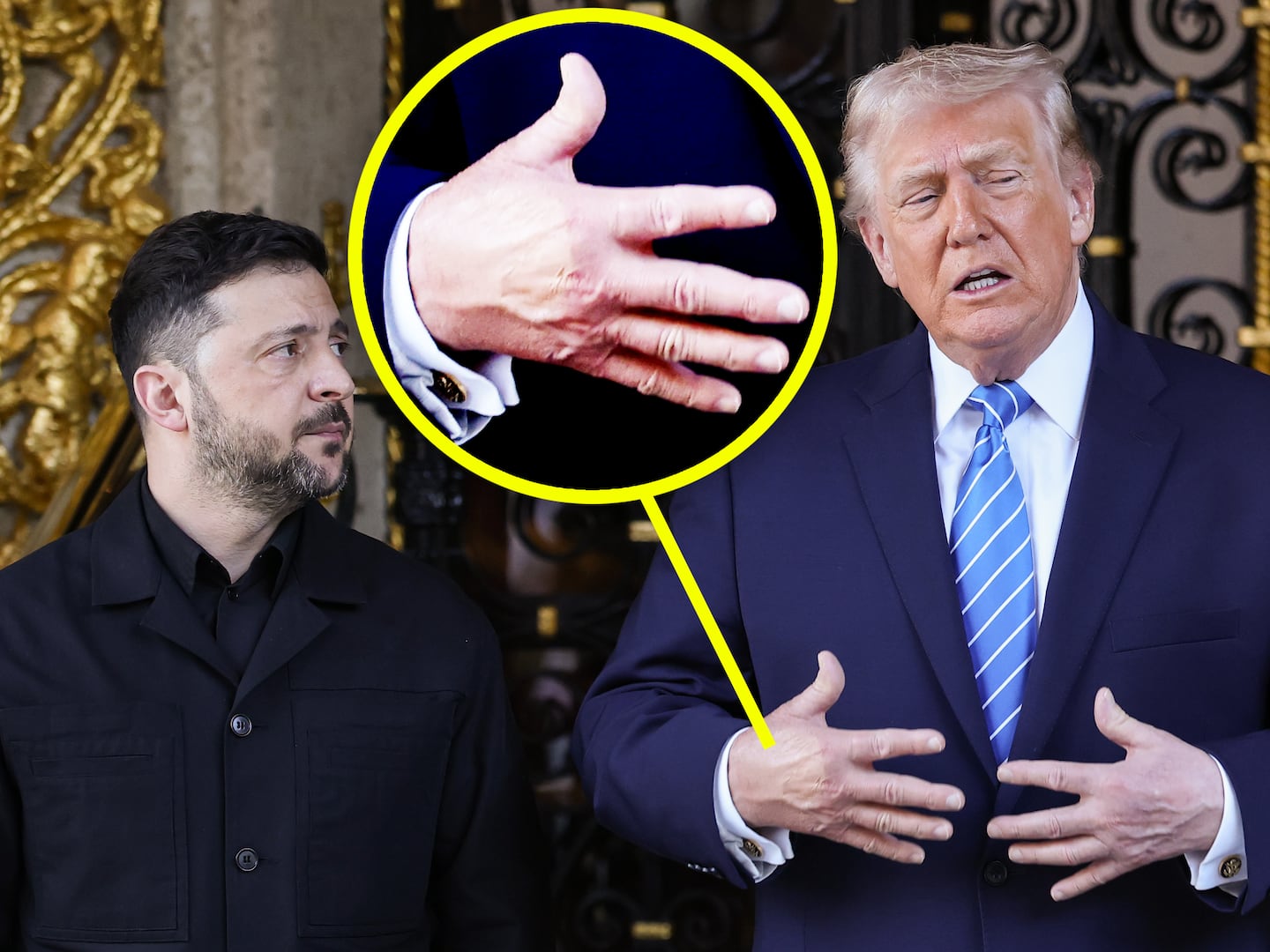This Saturday's Washington Post A1, above-the-fold story blares "CIA: Russians Favored Trump: Secret Assessment of Hacking Report." It landed with a splash across DC.
The Intelligence Community had already gone on the record in early October with an assessment that Moscow was interfering with our election.
Now, it has come to light that senior Members of Congress had been briefed in September on the pervasive Russian threat to the core functioning of our democracy. Obama dispatched FBI director James Comey, DHS Secretary Jeh Johnston, and White House counterterrorism and homeland security advisor Lisa Monaco to brief the so-called “Gang of 12” lawmakers: House & Senate leaders, as well as the chairmen and ranking members on the Homeland Security and Intelligence Committee.
They knew. And yet it appears little was done to stop Vladimir Putin’s efforts to put Donald Trump in the White House.
Upon reflection, this has the most galling aspect of this whole affair: not that Russia deployed a successful covert influence campaign against America, but that our lawmakers on both sides of the political aisle failed to take more aggressive efforts to halt this metastasizing threat to our democracy. More specifically, that President Obama was unwilling to forcefully counteract and confront Moscow’s mischief, and that GOP Senate Majority Leader Mitch McConnell was nakedly partisan in his decision to stifle the intelligence.
It shouldn’t be surprising that Russia collected (and continues to collect) intelligence on American policymakers—after all, Senate Majority Whip John Cornyn tweeted that Russian hacking "happens all the time," (which, as an aside, might suggest Moscow tried to compromise previous American elections?). Collecting actionable information on one’s adversaries is considered fair game.
Unsurprisingly, Russia had penetrated Republican networks as well as Democratic ones—but didn't do anything to disclose the GOP’s inner workings. In October, NBC News reported the Russians were collecting intelligence across the political spectrum. On December 9, The New York Times quoted a senior administration official saying, “We now have high confidence [Russia] hacked the DNC and the RNC, and conspicuously released no documents” on the Republicans.
That doesn’t mean America should grin and bear it. But that’s what seems to have happened over the last several months. Beyond the note from DHS and the Office of the Director of National Intelligence, there wasn’t much effort to counteract the Russians.
Ultimately it is the President, invested with the powers as Commander-in-Chief, who could have chosen to act aggressively against Moscow. But he wanted to present a unified front across the American political spectrum. He wanted bipartisan support—and when McConnell rebuffed this effort (more on that in a bit), the White House decided to take the cautious route to “name and shame” the Russians.
This was, to put it mildly, an ineffective strategy.
The White House should have pulled out all the stops to halt this obvious threat to the electoral process, and let the political chips fall where they may. Obama is well aware of the GOP’s massive resistance strategy against his policies—just ask Merrick Garland—but this serious challenge to our civilization should have stiffened this President’s resolve. But it didn’t.
Obama could have retaliated brutally, clandestinely, mercilessly, creatively, painfully, unilaterally—but he didn’t.
Ultimately, a mild reaction was Obama’s decision; a poor decision. But it was his decision.
Senator McConnell deserves a great deal of blame as well. According to several officials, the Senate Majority Leader, once briefed on Moscow’s threat, said “he would consider any effort by the White House to challenge the Russians publicly an act of partisan politics.”
He was presented with classified evidence and apolitical analysis from senior intelligence officials. A hostile nation-state was threatening American democracy. Yet it seemed to have mattered little to the GOP Senate standard bearer. McConnell’s instincts were, as they have often been over the last eight years, to stymie Obama’s political efforts. He had kneecapped his political nemesis at 1600 Pennsylvania Avenue numerous times before; why not this time too?
In other words, as far back as September, McConnell knew the score. Paul Ryan knew. Other GOP Congressmen in the meeting—Devin Nunes and Michael McCaul, and Senators Richard Burr and Ron Johnson—knew.
And yet they chose to say nothing and to do nothing.
Of course, the intelligence community and its analyses are not perfect. Policymakers should question evidence and remain skeptical of its bottom line. But in this case, intelligence professionals tried to fulfill their obligations to provide policymakers the clearest picture of what was happening in the world.
In our system of government, our elected decision-makers must actually do something with that intelligence. And they—the President and Congress—chose to do almost nothing for their own particular reasons. Partisans will be partisan, even when national security and core democratic values are at stake. Now, following the oddest of elections, our national security state will be run by the man and the party who decided that it wasn’t worth listening to.
All of this suggests rough waters ahead for the intelligence community. Trump's transition team has already waved away these now-public findings, dismissing them with the most facile of public statements: “These are the same people that said Saddam Hussein had weapons of mass destruction.” Trump himself recently told Time Magazine he doesn’t know if Russia did anything at all in the election, despite his intelligence briefings.
This whole affair makes it crystal clear to many intelligence professionals that their work will likely be ignored and minimized if it doesn’t fit with the new President’s prior assumptions. If the past indicates future behavior, intelligence officials should gird themselves to be personally humiliated by the next President. Maybe even in public, on Twitter, or in front of a roaring crowd.
Former Director of Central Intelligence Richard Helms once mused in 1967 about CIA’s relationship to its critics: “I find it painful…when public debate lessens our usefulness to the nation by casting doubt on our integrity and objectivity. If we are not believed, we have no purpose.”
We’re about to find out, in the upcoming era of unified Republican rule, if Helms’ words will ring true. Senator Lindsey Graham’s declaration that he’ll hold hearings into Russian interventions into our electoral process is a hopeful sign.
But if our elected lawmakers can’t see beyond the trees of political gains or losses for the forest of defending our core democratic values, we are going to be in for a very challenging future indeed






